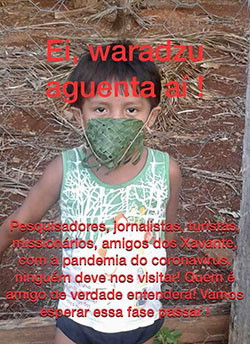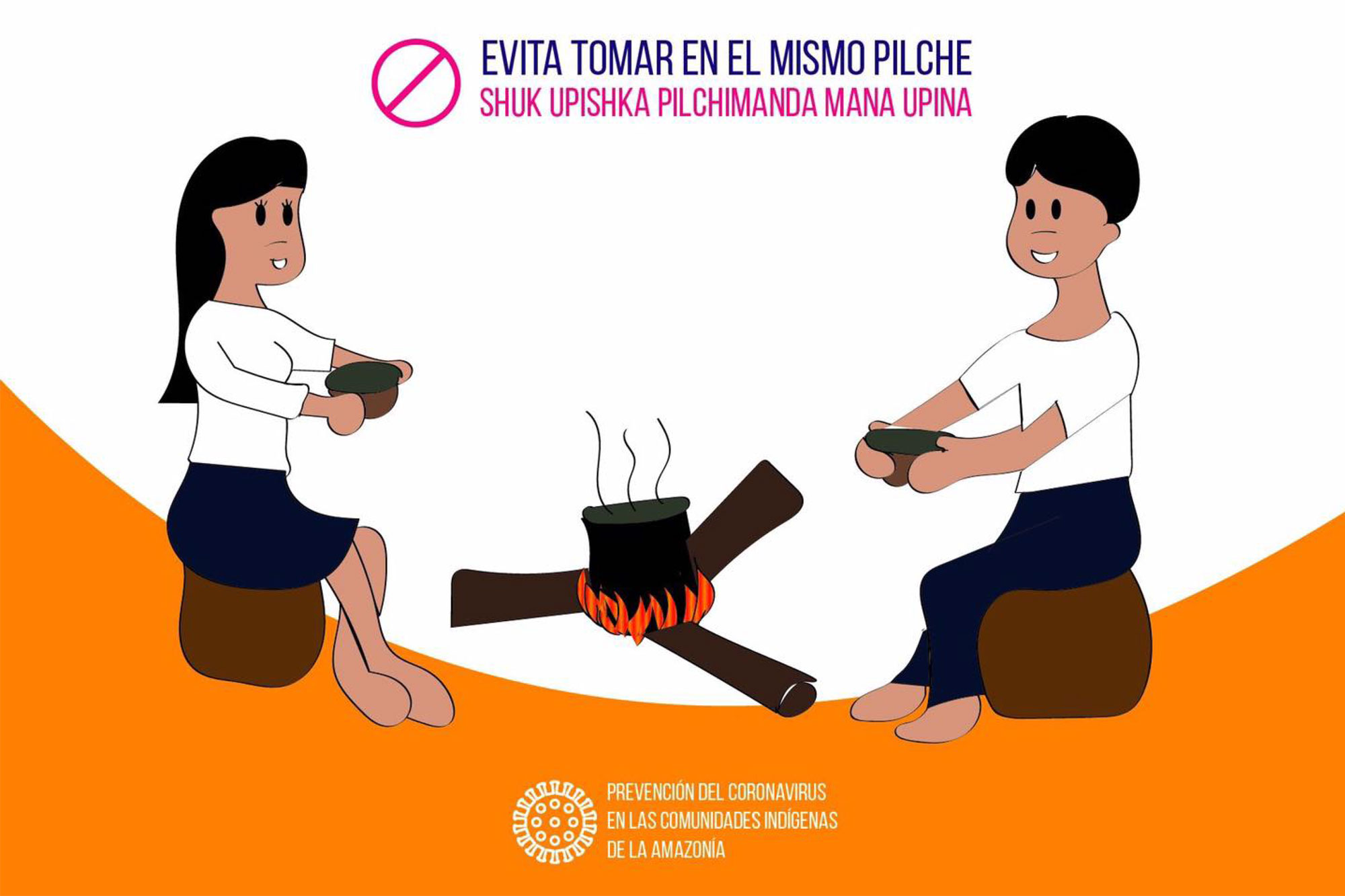Composed of a group of members and colleagues from the Society for the Anthropology of Lowland South America (SALSA), where Senior Lecturer in Social Anthropology, Dr Daniela Peluso, serves as an elected board member, the COVID-19 taskforce has been urgently working to develop a website that collates articles, declarations, links and audio-visual materials to highlight indigenous, government and non-government actions in response to the COVID-19 pandemic.
The hope is that this will create a live database detailing evolving best-practice approaches to prevention and care, and resources, issues and perspectives relating to the pandemic and its impact on indigenous societies. The objective is to communicate timely and vetted information that can be accessed around the world by indigenous peoples, journalists and all interested parties to support the work being done on the ground to prevent this epidemic from ravaging some of the world’s most vulnerable people.

Amazonians have a long history with epidemics. Past and ongoing epidemics are part of the living memory of most lowland South American individuals and groups who have either witnessed the devastation of epidemics first hand or know of their grandparents dying from them. For instance, the Amazonian communities with whom Dr Peluso has lived often recount stories about the ‘virgin soil epidemics’ whereby novel viruses decimated their population. The familiarity of such ‘contact epidemics’ is why Daniela asserts that Amazonian peoples and their federations were quick to call upon all indigenous peoples to return to their communities and forbid entry from outsiders.
She remarks that even indigenous leaders who are well entrenched in urban lifestyles have returned to their villages, whilst individuals and families who are in urban centres are practising social isolation: “Whereby novel viruses are new for us, this is not the case with indigenous peoples and this is why they have been immediately responsive to news of the pandemic – they did not need to be persuaded that the smart thing to do was self-isolate. They have knowledge of how non-visible pathogens work.“ In fact, there are many groups who have been practising self isolation on an ongoing basis.
Together with Senior Lecturer in Environmental Anthropology and Ethnobotany, Dr Miguel Alexiades, Daniela co-teaches the popular undergraduate module Amazonian Social Worlds: Past, Present, Future and adheres to a long-standing commitment to make anthropology an action-based discipline that engages with timely and urgent issues. This is part of her greater commitment toward decolinising academia by publishing in local languages and making pedagogical tools available to all.

